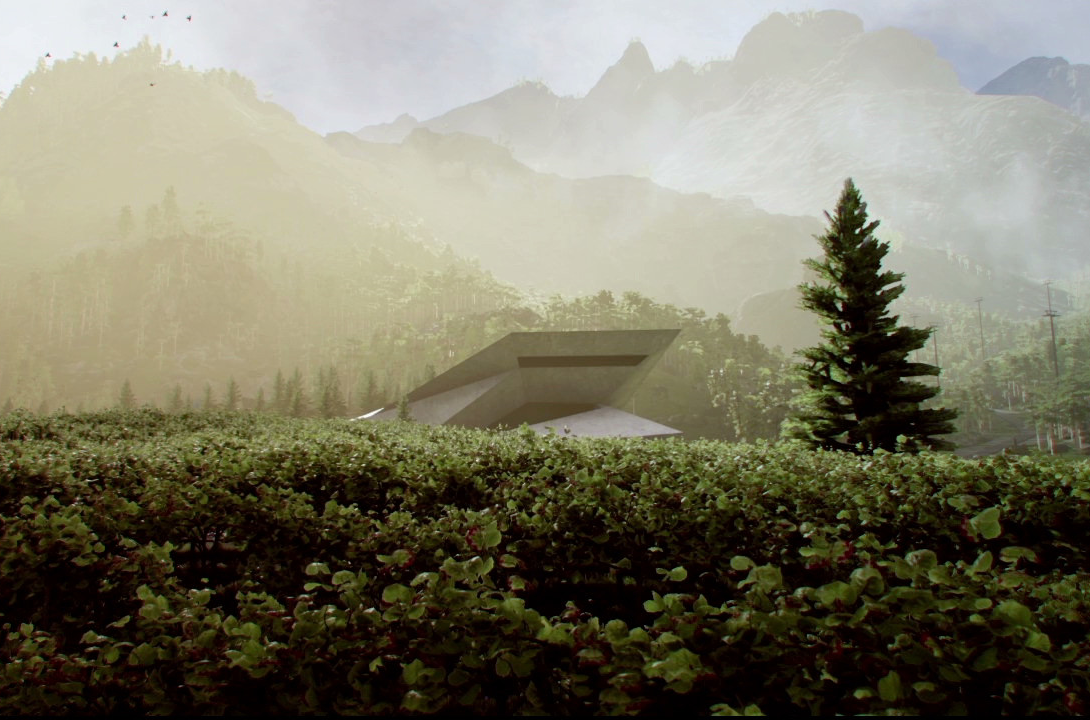
Whilst still in its infancy, the metaverse offers ample opportunities for companies to redefine their marketing and brand strategies. This is especially true for wineries, whose often remote locations hinder their visibility in the new, digital age. Second Winery wants to bring wineries closer to the consumer - creating a more engaging relationship between them, and the world’s wine lovers. Here is how we will do just that.
The metaverse
There is no singular agreed upon definition of what the metaverse really is, and it can be difficult to understand how exactly this new technology will shape our future. What is true however, is that the metaverse will spur innovation in almost all business sectors. This means that companies who fail to adopt a test-and-learn mentality, will risk being left behind. With its promise of creating virtual spaces for people to socialise, explore, discover and learn, the metaverse is practically built for companies to increase their brand awareness, and to reach new and existing customers in a novel way. Virtual reality, which is an essential element of the metaverse, is expected to grow significantly in the next few years, and it is clear that a lot of consumers are eager to move many of their activities to the virtual realm (see figure for expected VR market numbers in 2024). We facilitate this interaction through Second Winery, taking into concern how to best market the wineries in the metaverse.
Benefits for wineries
With the use of cutting-edge technology and models, we will work closely with each winery to build a 3D version of the facility and its surroundings. This will allow wine tourism lovers to visit wineries from across the globe, essentially erasing the barriers between wine tourists and the wineries. The life-like 3D models are built with vivid details, closely mirroring the original winery.
We will also create unique spaces for wineries to host wine tastings and courses, which will help create a more intimate setting for the customers to get to know the brand.
Moreover, Second Winery has built a marketplace for NFT collectibles, where wineries can sell wines and merchandise, and the customers can collect exclusive wines for their digital wine cellars and vineyards. These unparalleled opportunities that the metaverse create, should be leveraged for the wineries to elevate their success and visibility. As the next generation of consumers move much of their lives and activities online, and into the metaverse, so should the wine industry.